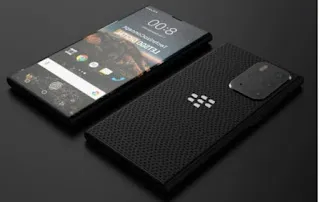Multymeter.comâTechnology: The parent of social media Facebook, Meta plans to lower the minimum age to be able to use its virtual reality headset from 13 years old to 10 years old. Despite pressure from lawmakers prohibiting marketing its VR services to younger users.
Beginning later this year, parents can set up accounts for children aged 10 and older on Metaâs Quest 2 and Quest 3 headsets starting later this year.
In order to create an account and download apps to the device, according to the company, Preteens will be required to obtain parental consent
There are many interesting and educational apps, games and more that can provide the age-appropriate experience that the app recommends across platforms
With the impact on young users, increasingly stringent encouragement and supervision comes to Meta companies and other social media companies to reduce the minimum age. By doing so we can avoid any potential that can harm the mental health of teenagers or lead them to dangerous content.
Parents and lawmakers are also specifically sounding the alarm about the use of VR â and future versions of the Internet that Meta refers to as the âmetaverseâ â by teens and children.
At the start of the year, two Democratic senators urged Meta to suspend plans to offer Horizon Worlds, the companyâs flagship VR app, to youths between the ages of 13 and 17, arguing that the technology could harm the physical and mental health of young users. Lawmakers, Massachusetts Senator Ed Markey and Connecticut Senator Richard Blumenthal, called Metaâs plan âunacceptableâ given the companyâs ârecord failure to protect children and young people,â in a letter to CEO Mark Zuckerberg.
In April, however, Meta went ahead with its plans to allow 13-year-olds in the United States and Canada to use Horizon Worlds, prompting additional protests from lawmakers and civil society groups.
Meta seeks to address some of the parental concerns. Meta also says parents will be able to set time limits and enforce breaks for their preteens on headsets. Accounts for users under 13 will be set to private and have their active status hidden in the app by default unless a parent chooses to change the setting. Meta also makes it possible to cast content from a VR headset to a TV or mobile screen, so parents can watch what their kids are seeing.
At this age, Meta also says it wonât serve ads, and parents can choose whether their childâs data can be used to improve the companyâs services. Meta added Friday that Horizon Worlds will remain restricted to users 13 and over in the United States and Canada (and 18 and over in Europe) when it allows preteens to create parent-managed accounts on headsets later this year.
Headset Meta and Horizon Worlds represent Zuckerbergâs vision for the next generation of internet, where users can interact with each other in a virtual space that mimics real life. The company has so far struggled to attract the mainstream audience for these products.




